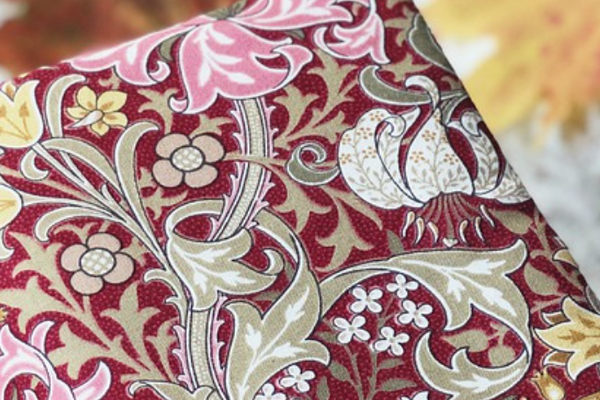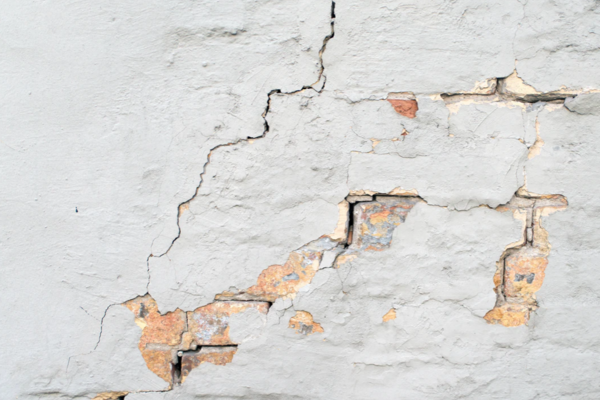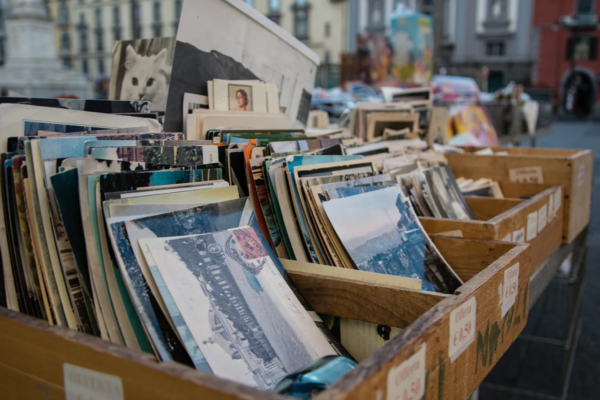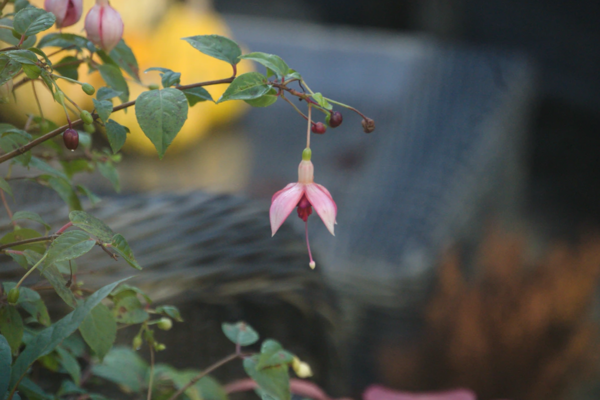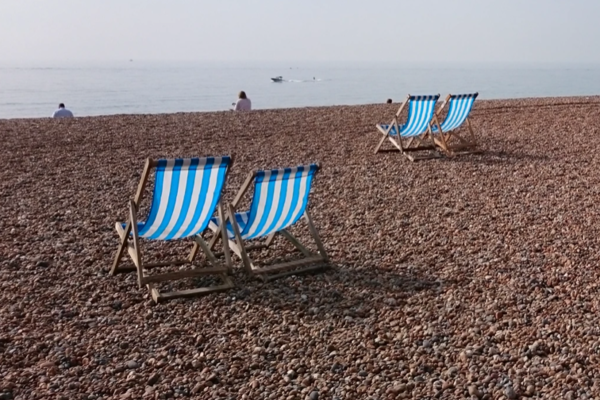Time Capsule
I take the kitchen clock down from the wall, to change the hour for British Summer Time. It slips from my grasp and hits the floor, metal and glass and plastic and wood and battery scattered on the tiles. I pick up the pieces, put back the unbroken glass and the metal ring that holds it to the wood. The hour hand’s gone. Still on the floor. I take the clock apart again, put the hour hand back. Move the time on.
A part of me is amused, detached from this. A clumsy metaphor from my clumsy hands. The excess of it. That it’s this way round, too: not going back. An echo of a poem I read decades ago now, where the exile returns to their village and finds the clock chiming the same hour, and everything changed.
I moved into this house twenty years and two days ago. Coming back to it after three months away was a shock: so much stuff everywhere.
I excavate the pile of post in the green armchair, wiping everything as I go, though most of it must be safe by now. Your card is near the top, to welcome me home.
The sofabed’s still made up with the winter duvet from that one night you spent here in early March. I put away the washing I did before I left, warm socks and red flannel pyjamas, and burrow down through the layers of clothes on the wardrobe shelf to find the light cotton pyjamas I last wore at Patty’s house in Santa Rosa Valley in November, half a world and a lifetime away.
I sit in my back garden. I talk to my neighbours over the fence. I take the rubbish and the recycling out without wearing a mask or changing my clothes afterwards, because I’m only going down the front path and back again. It amazes me that these things are possible.
Here, the plum and the greengage trees are in fruit. The roses are bedraggled, beaten down by two nights of thunderstorms, but some flowers survive. The lavender is in bloom. Yellow trumpet flowers. Deep blue geraniums, and the last of the purple-black Mourning Widow. The sky is a Tiepolo ceiling over the terraced roof tops. I take photograph after photograph. I think about posting something on Twitter but I’m not ready to share this yet.
What does it mean to think of a lost spring, here?
There, the seasons were concentrated for me in that one tree outside my fourth-floor window, the white laburnum that I watched come into leaf, then into blossom, then drop its petals. The flowers in other people’s gardens, on my government-mandated daily walk down to the sea and back.
Now, I lie in bed and hear the cathedral clock strike the quarters and the hour. It’s 1 a.m.; I get up and change the sheets, lie down again. Hear the distant sound of a train at night, for the first time in fourteen weeks.
[written June 2020]
Caroline Gonda writes flash fiction, poems and occasionally songs. Her work has been published by LossLit, Reflex, Lunate, and is forthcoming in Pastel Pastoral and the National Flash Fiction Day anthology. She teaches and writes on literature, gender and sexuality, with a particular interest in lesbian narrative and queer reception.



